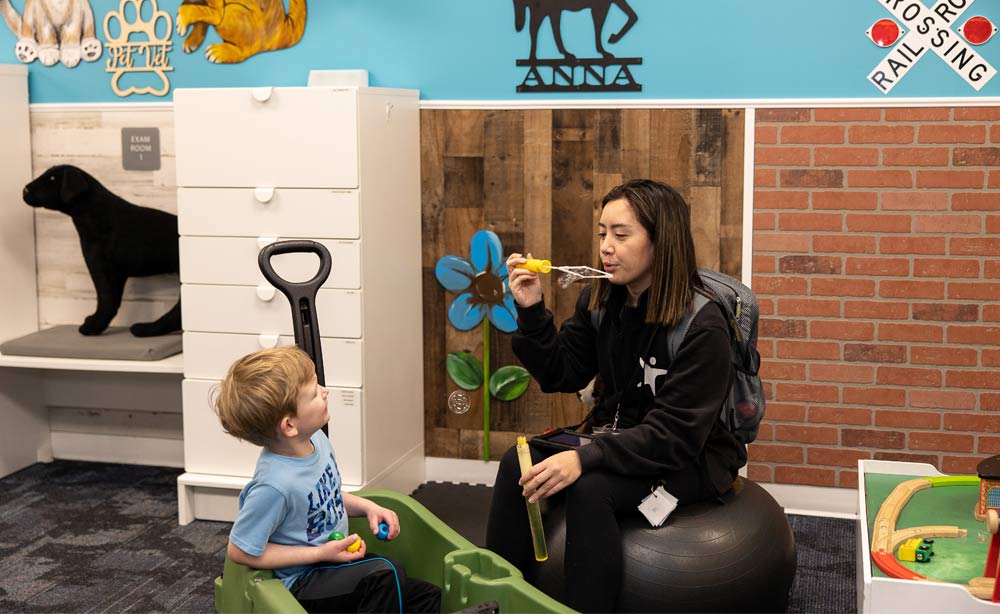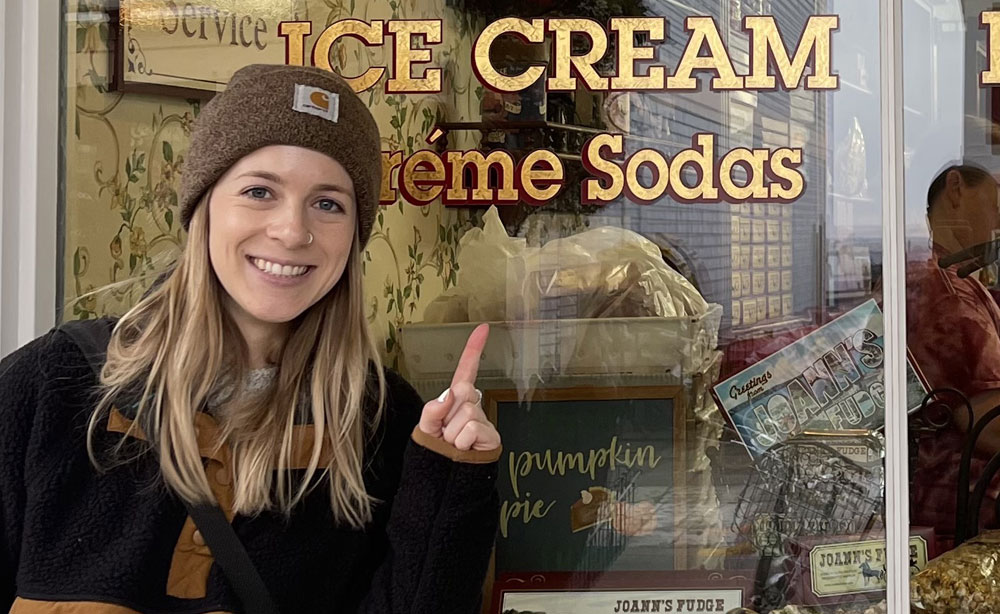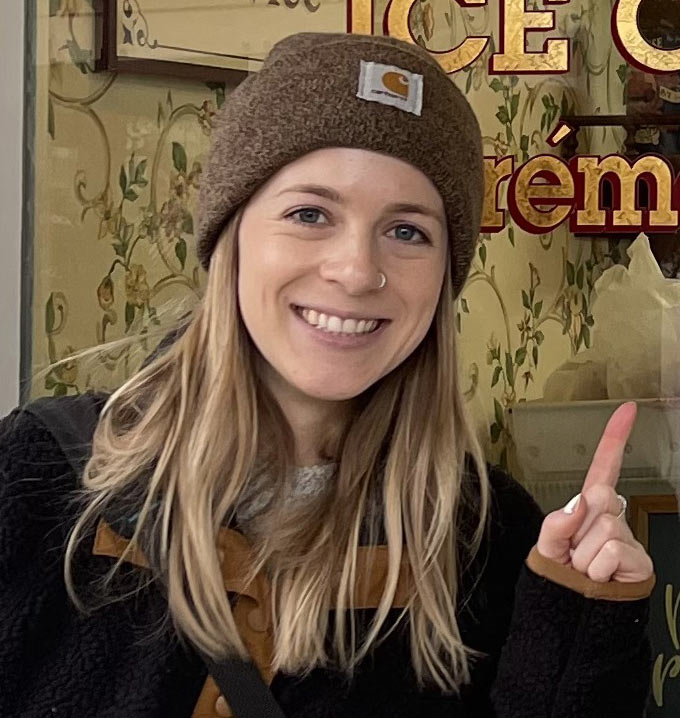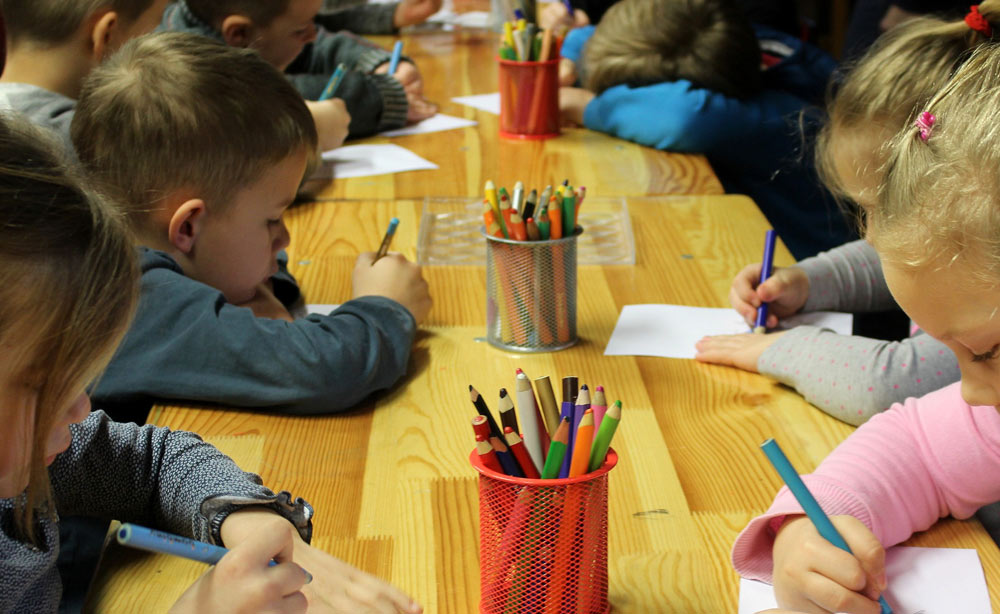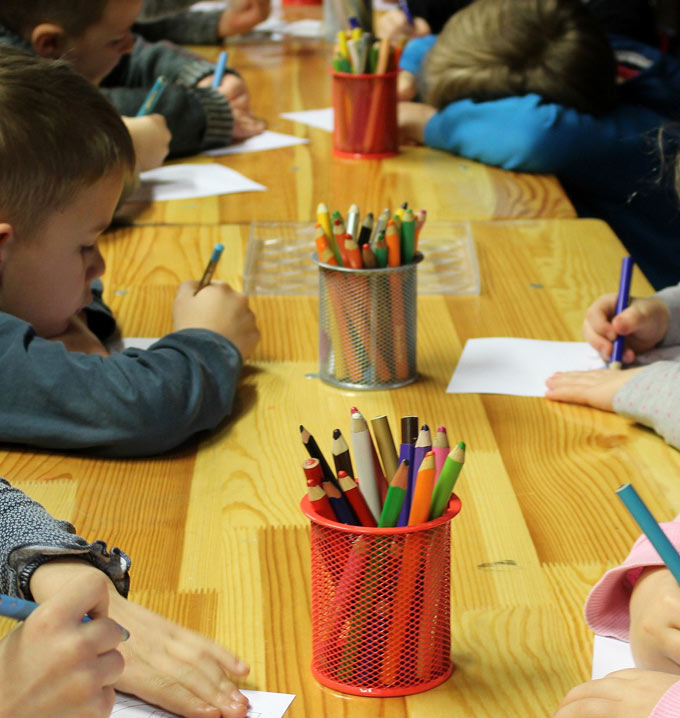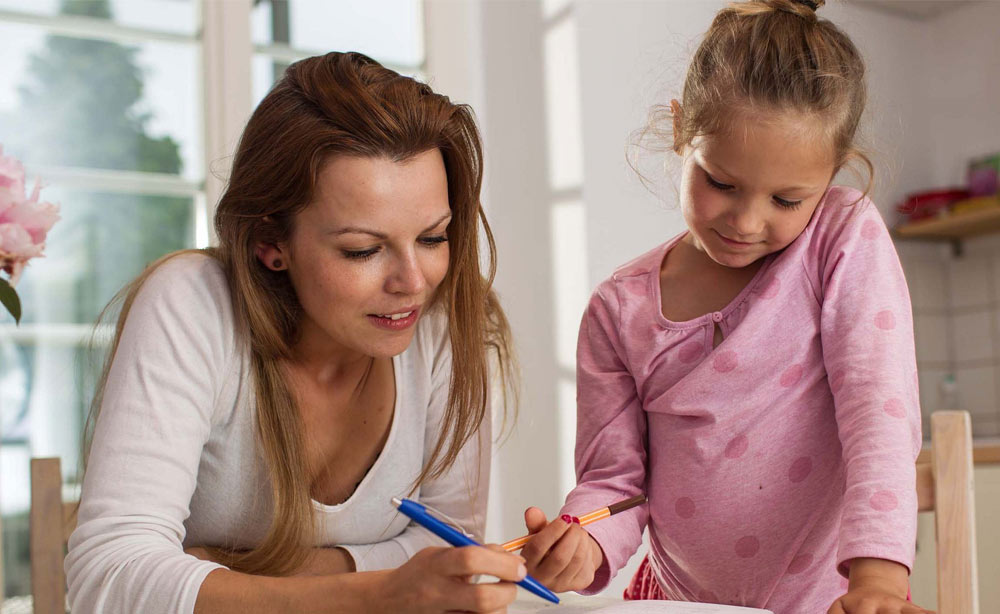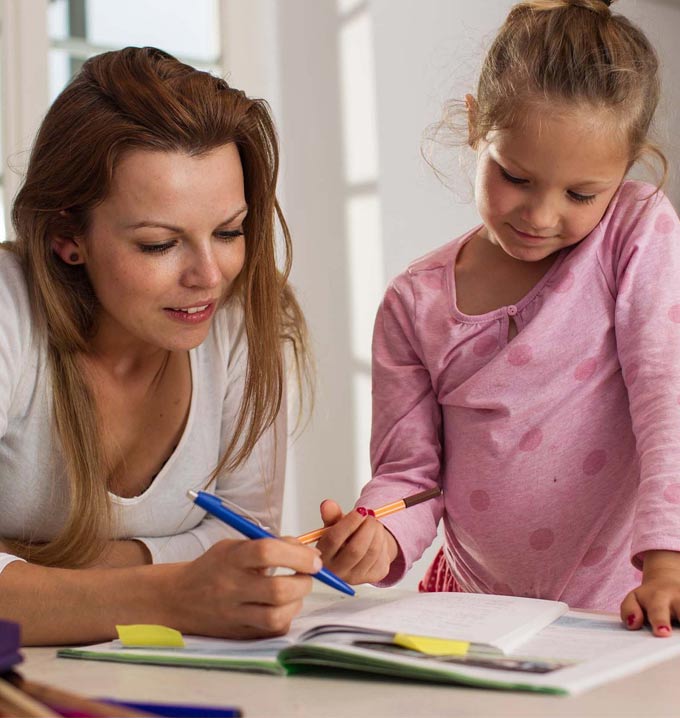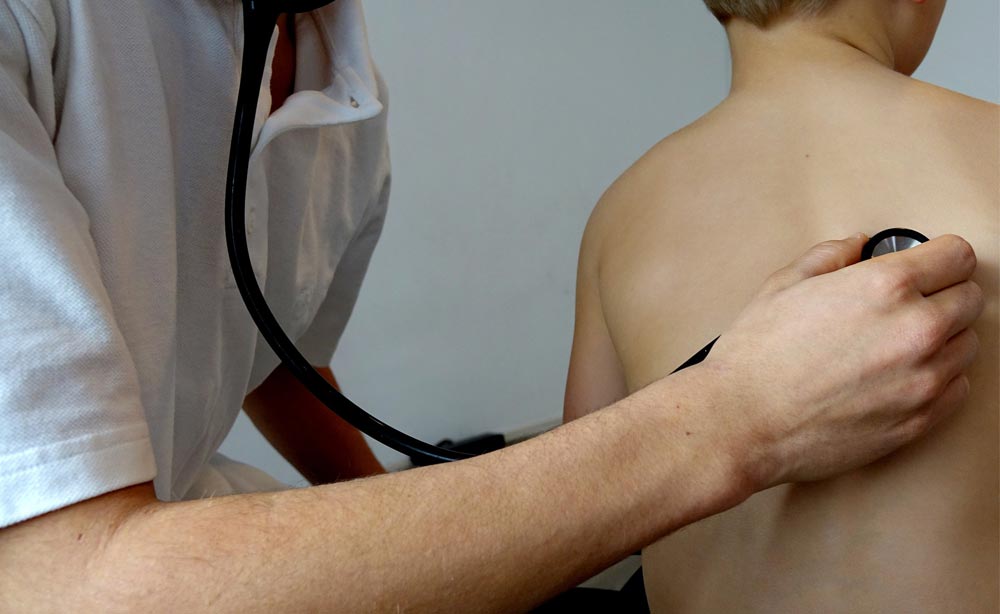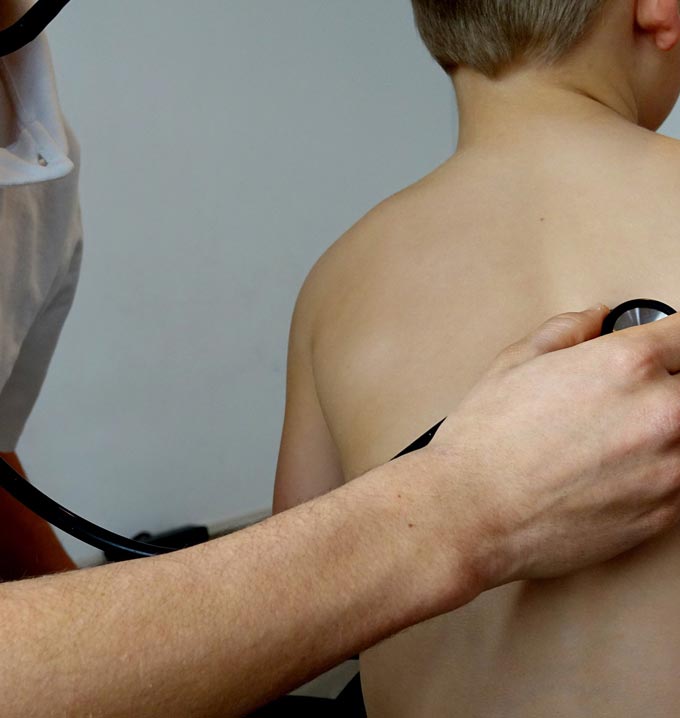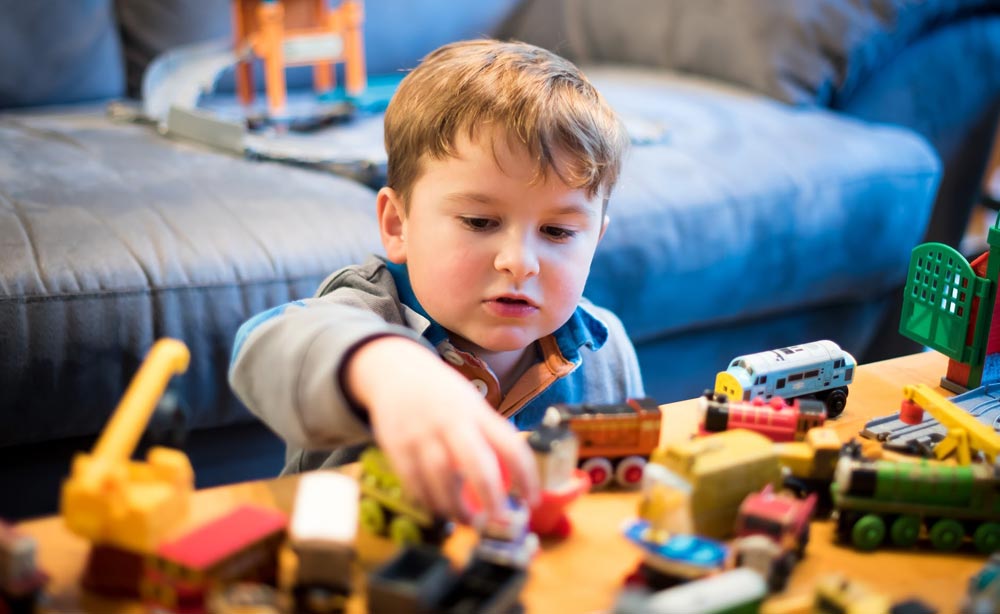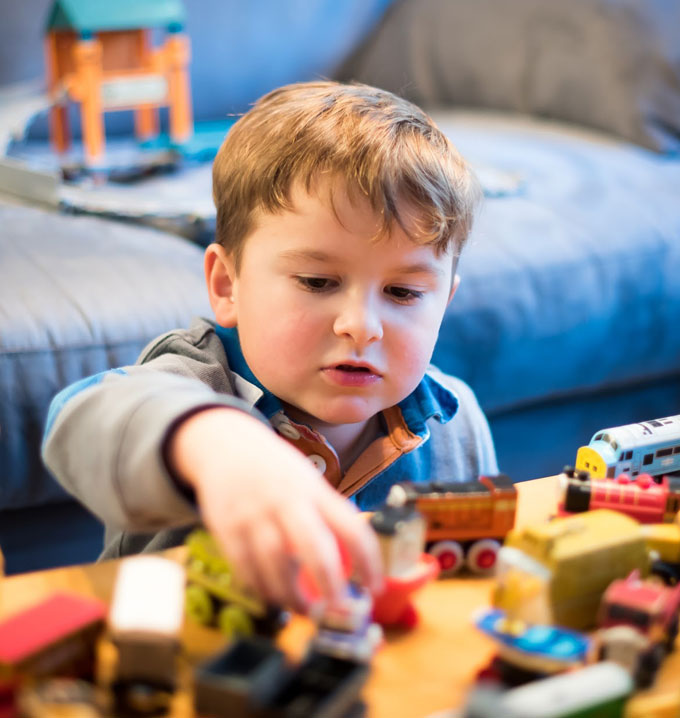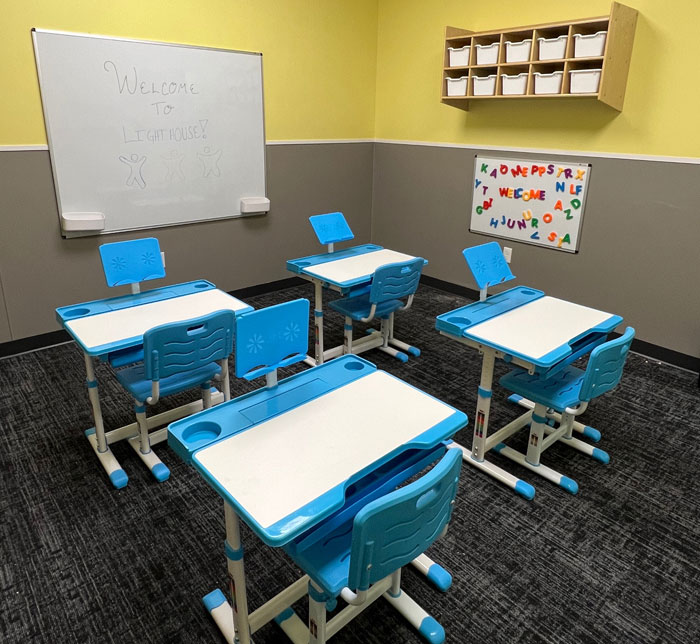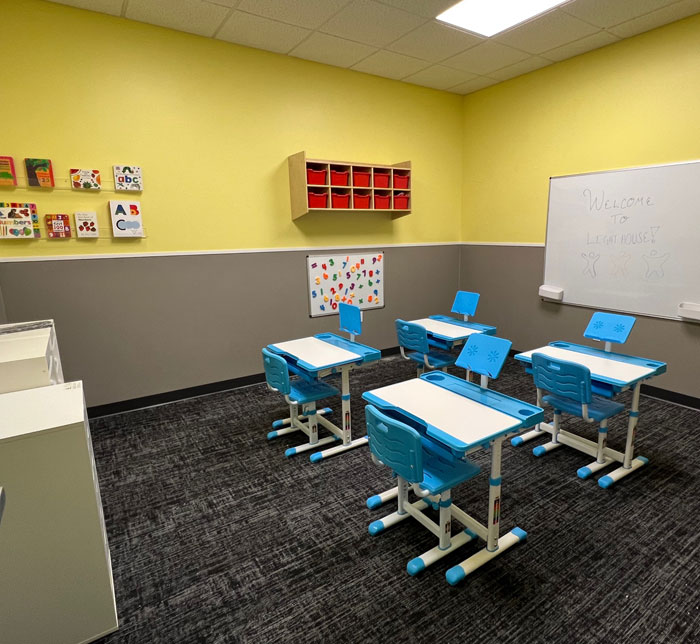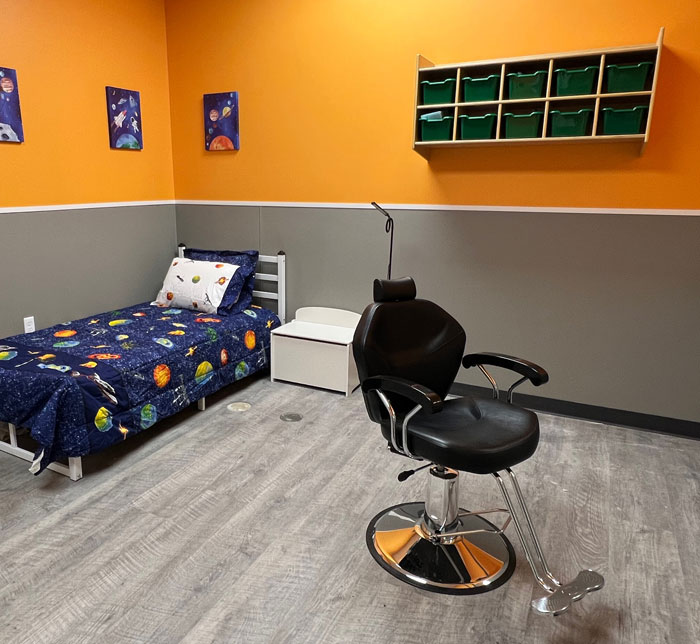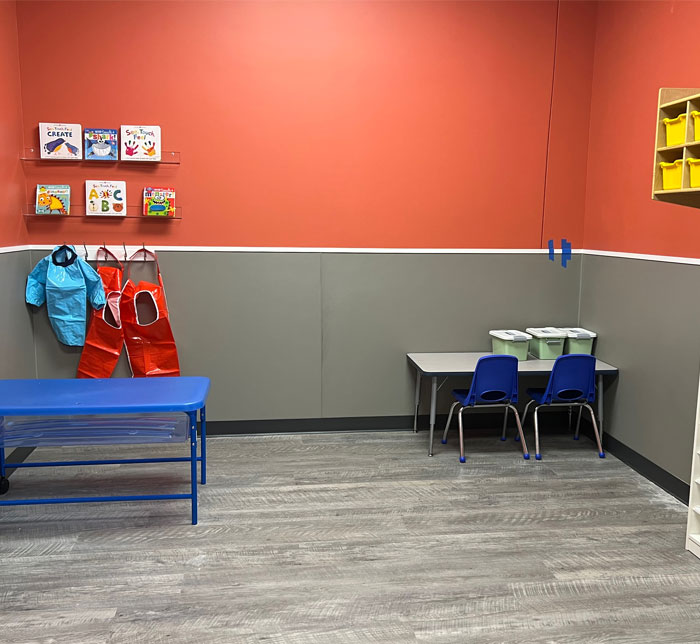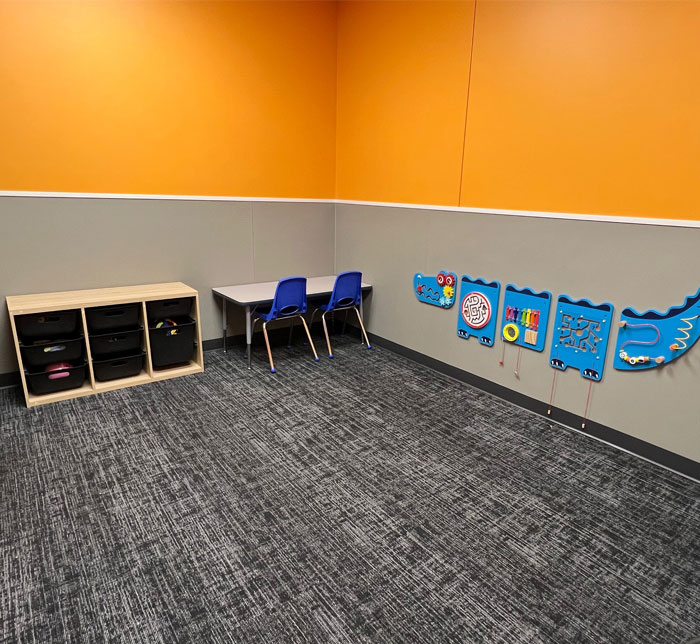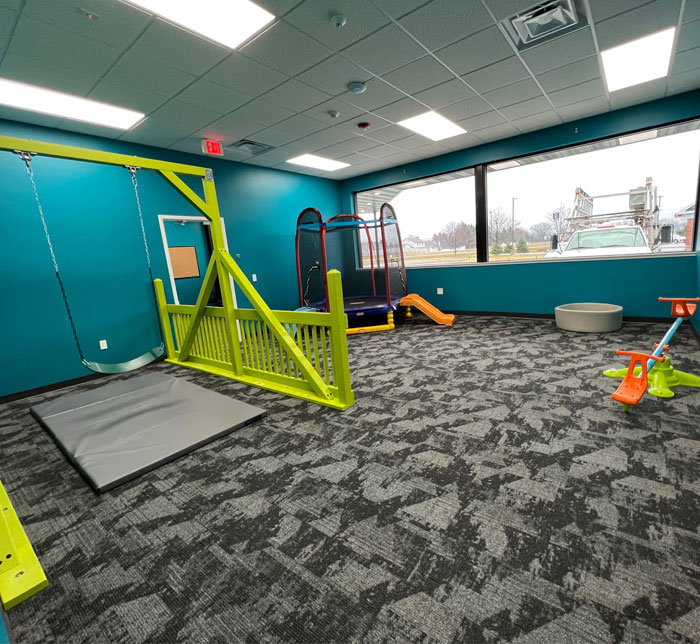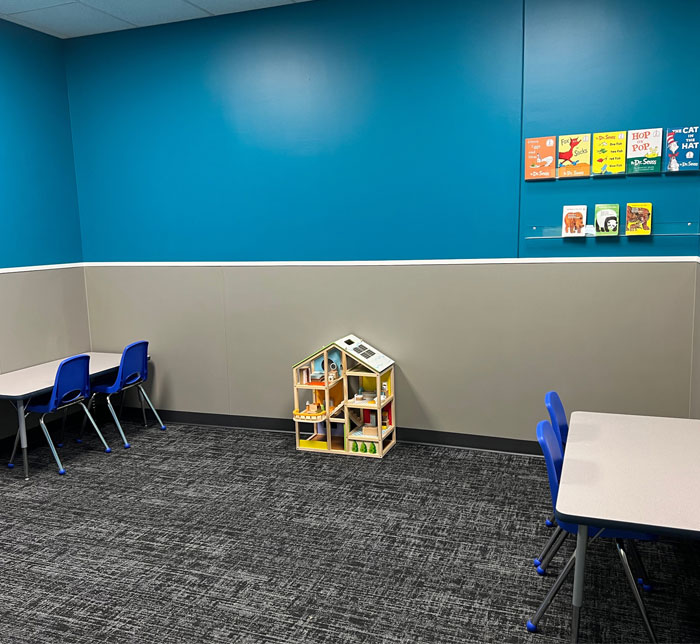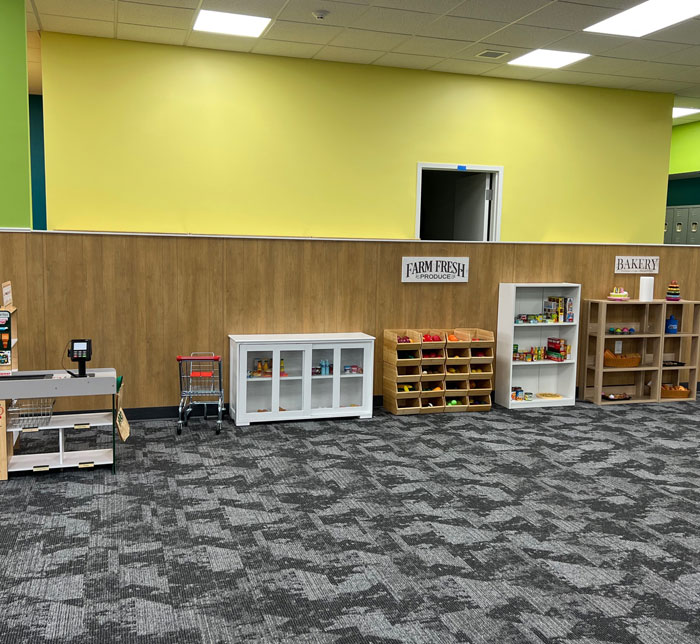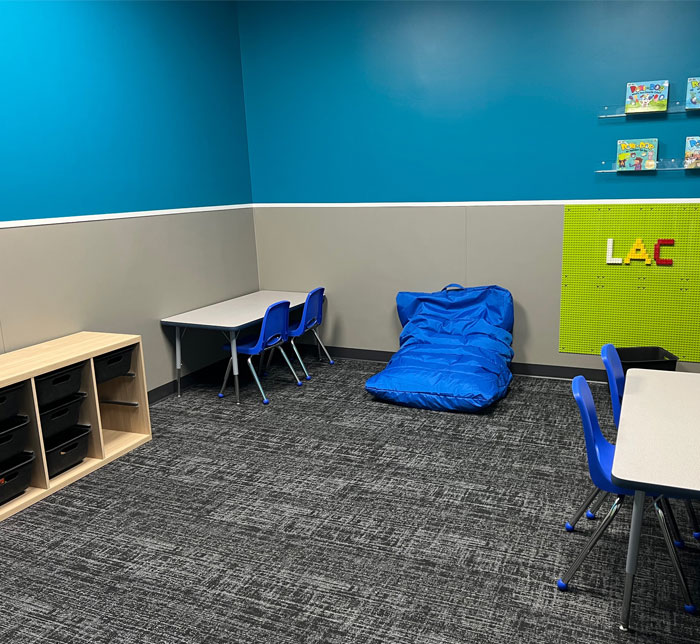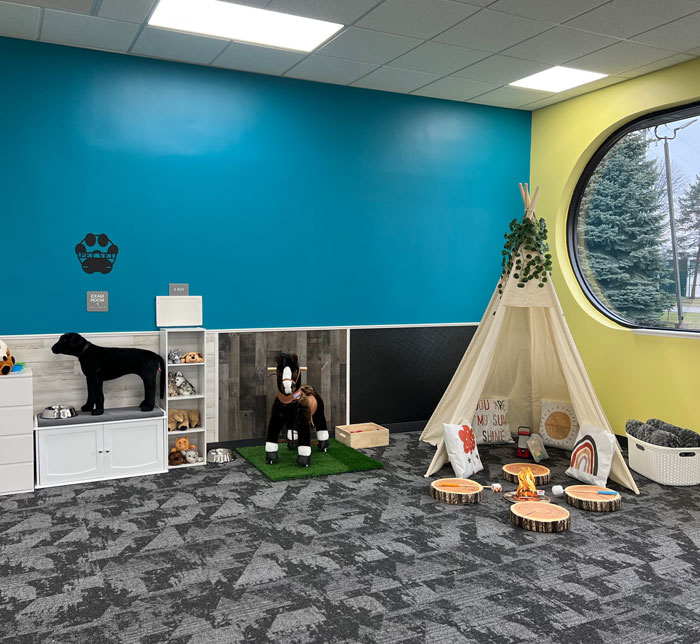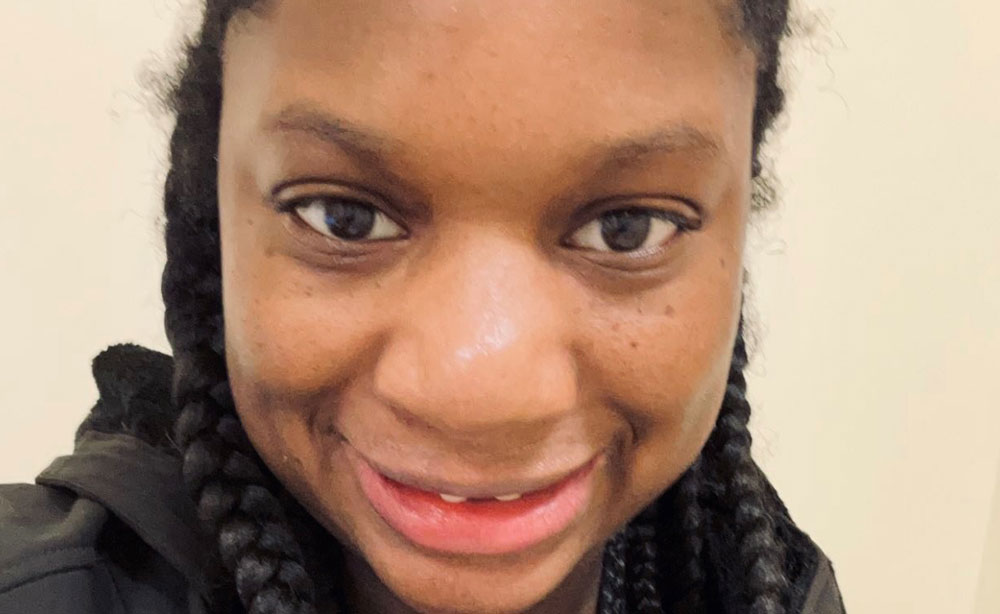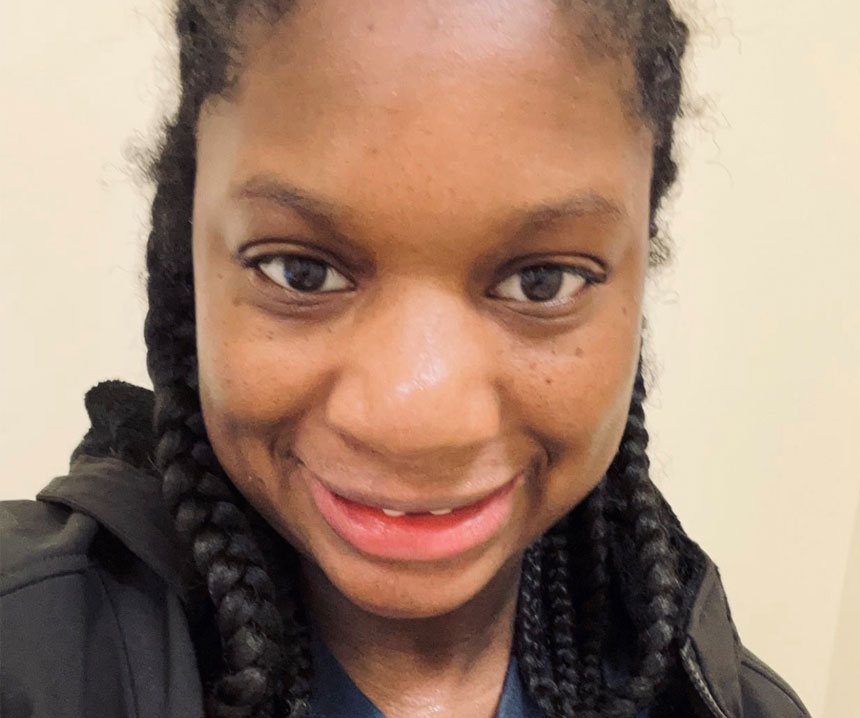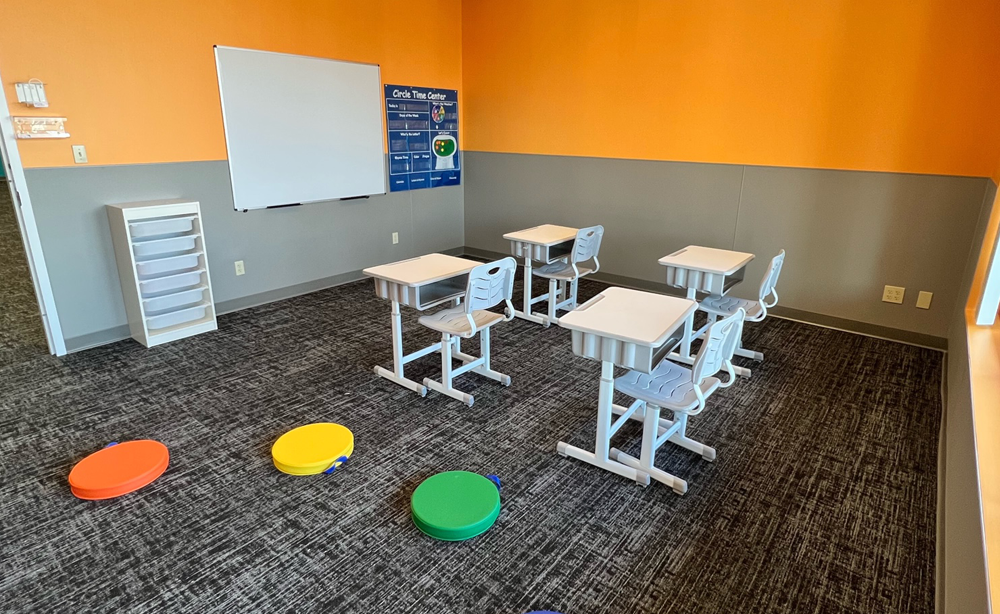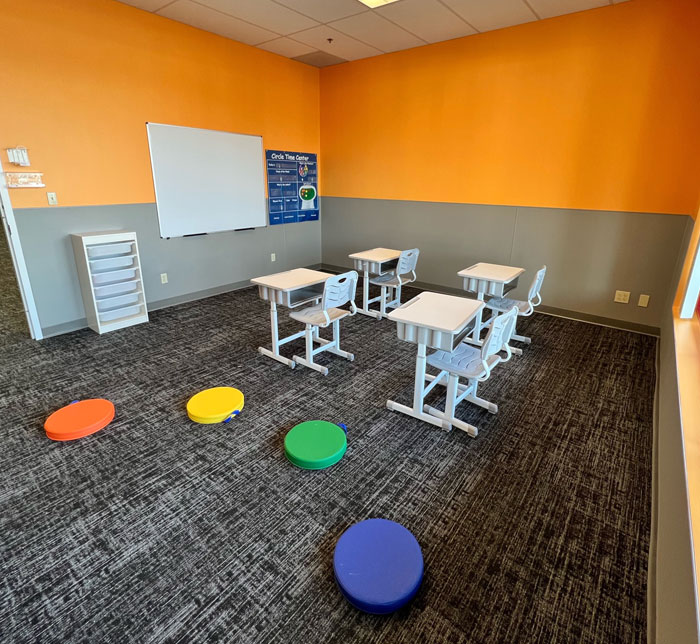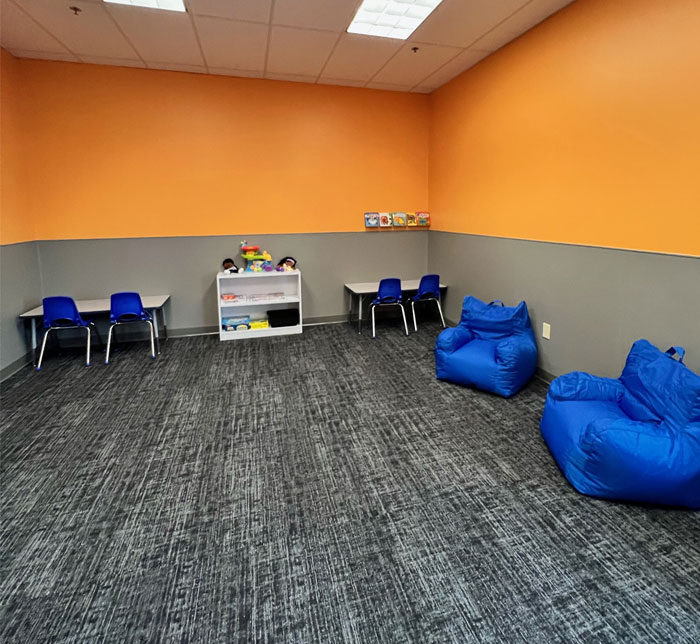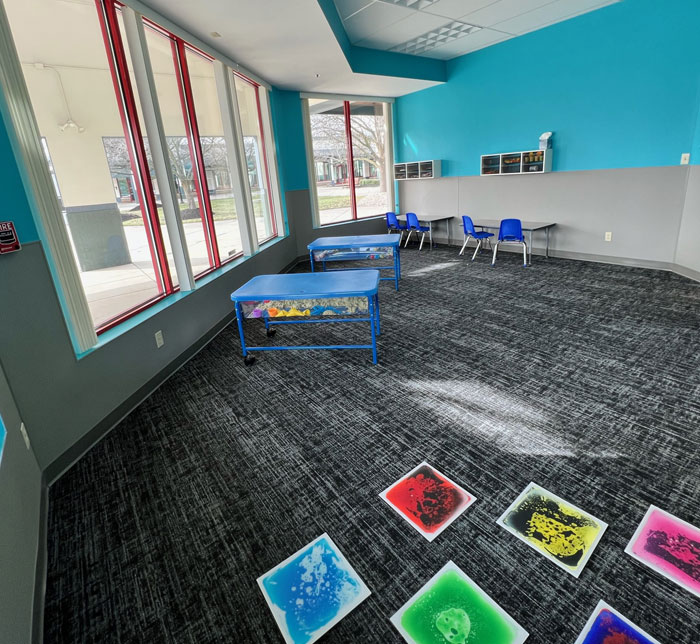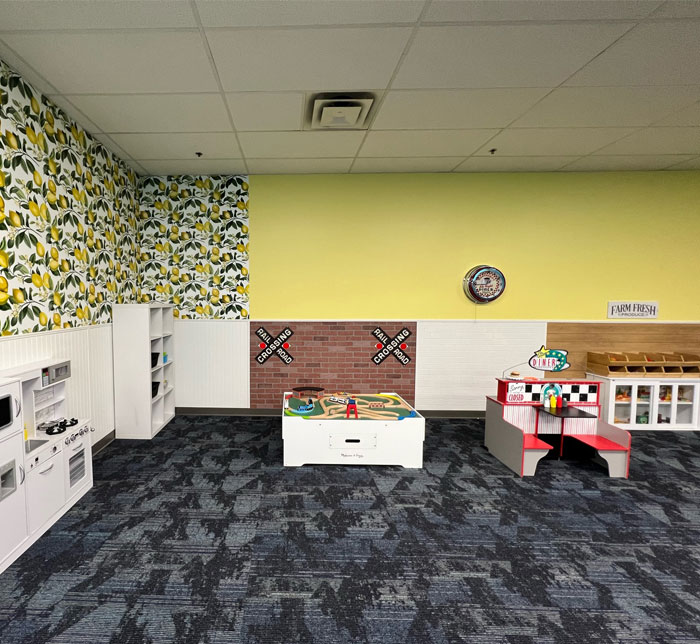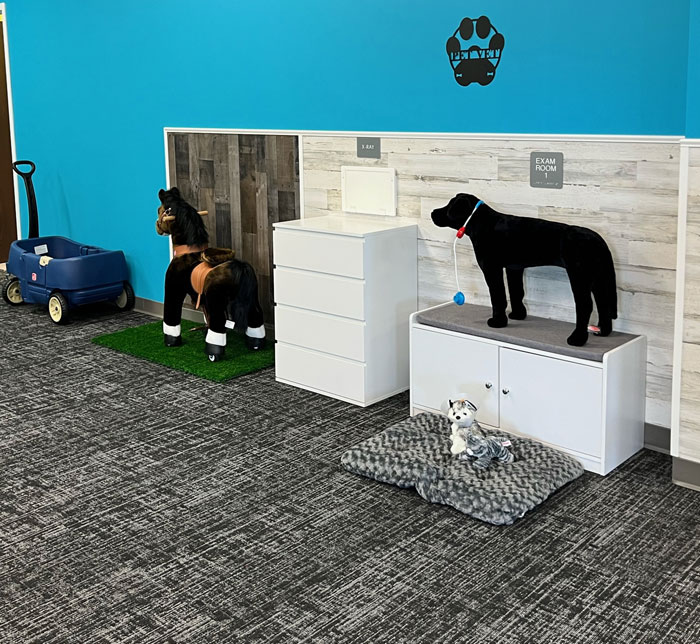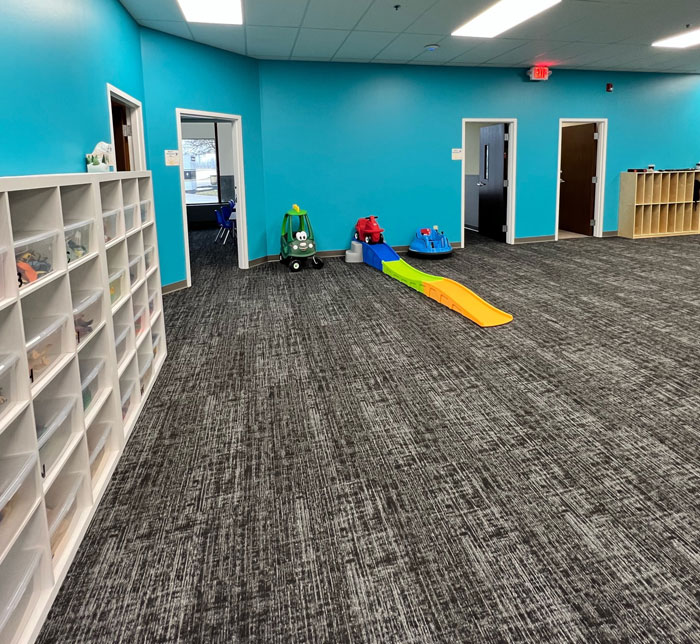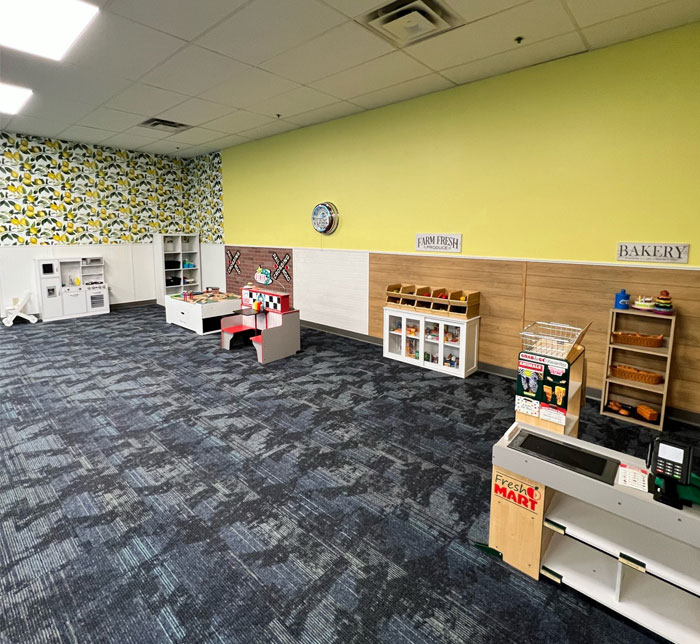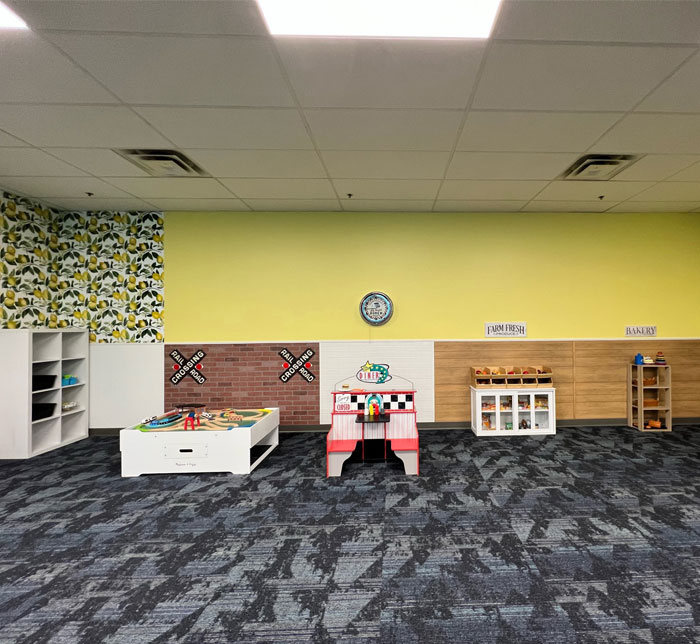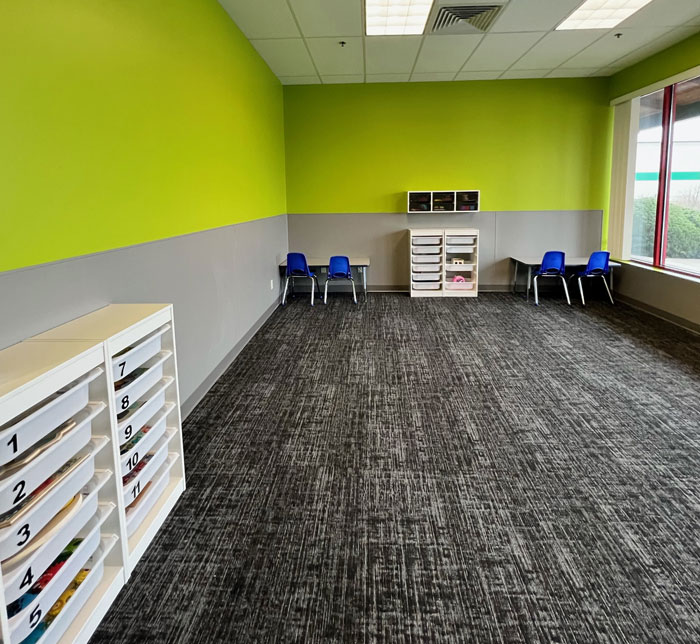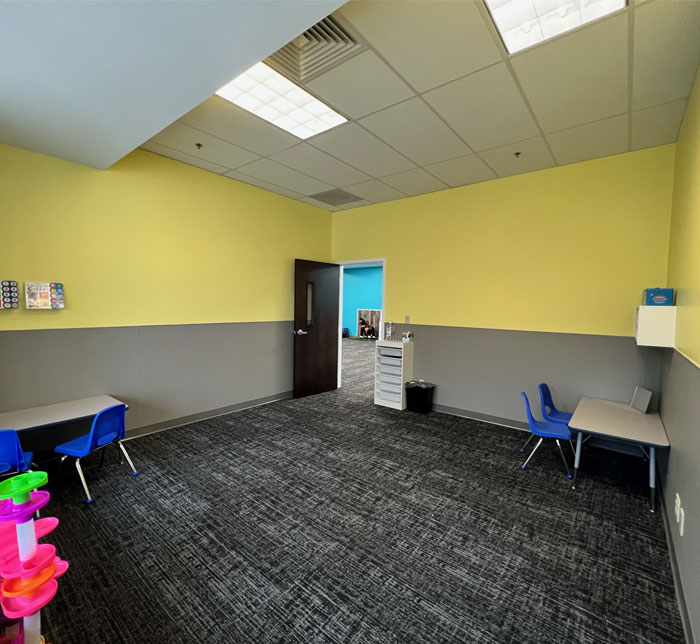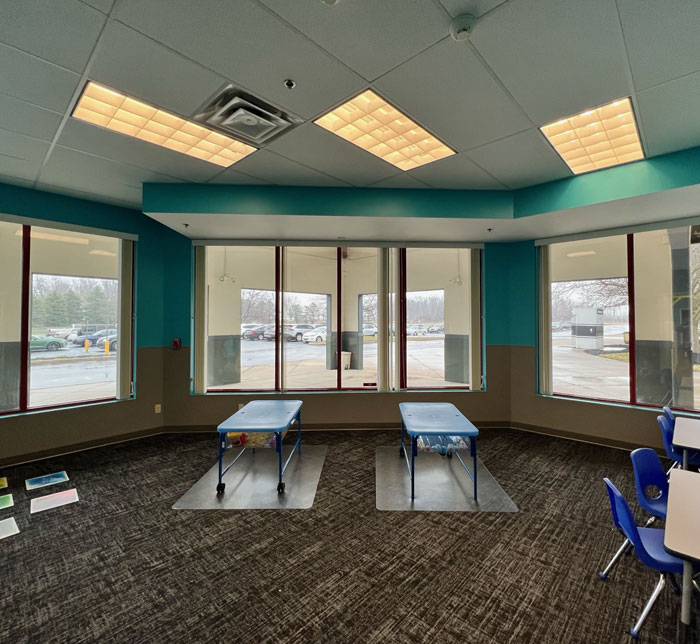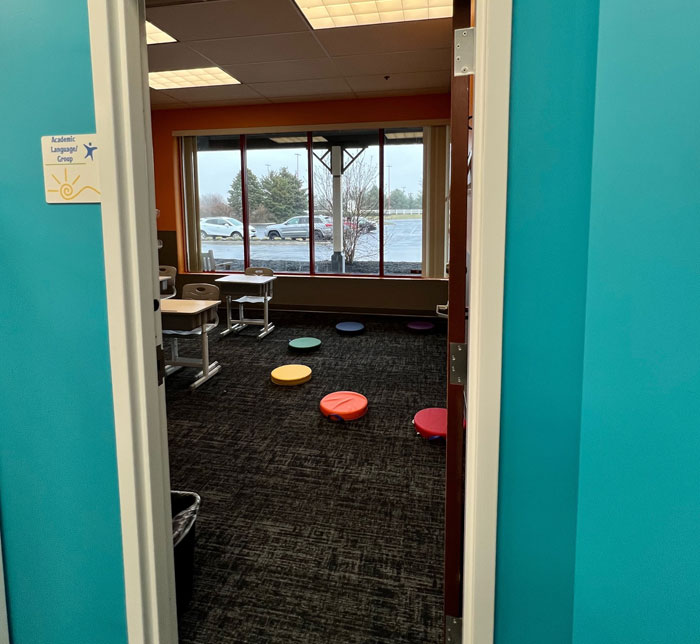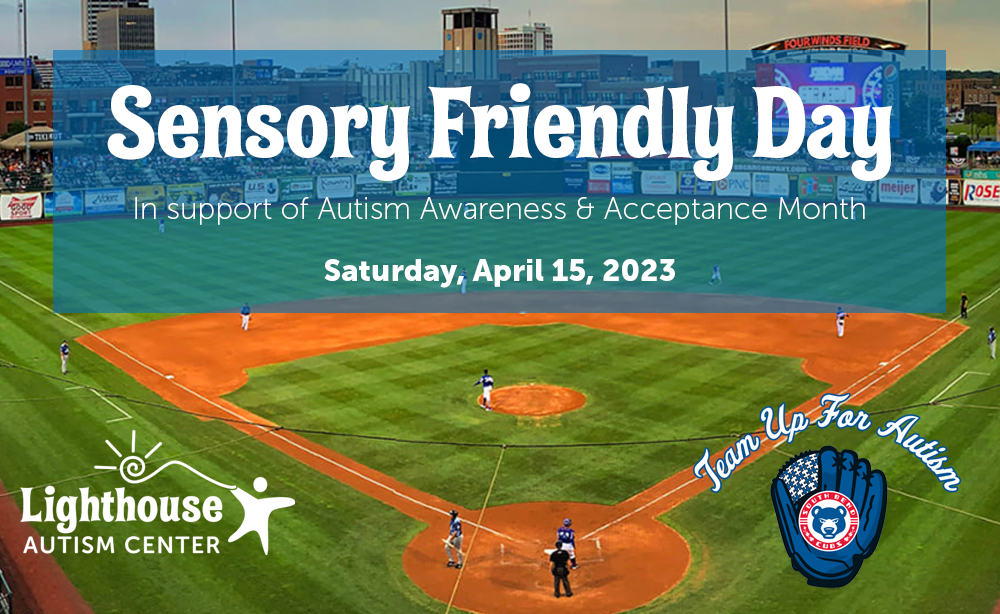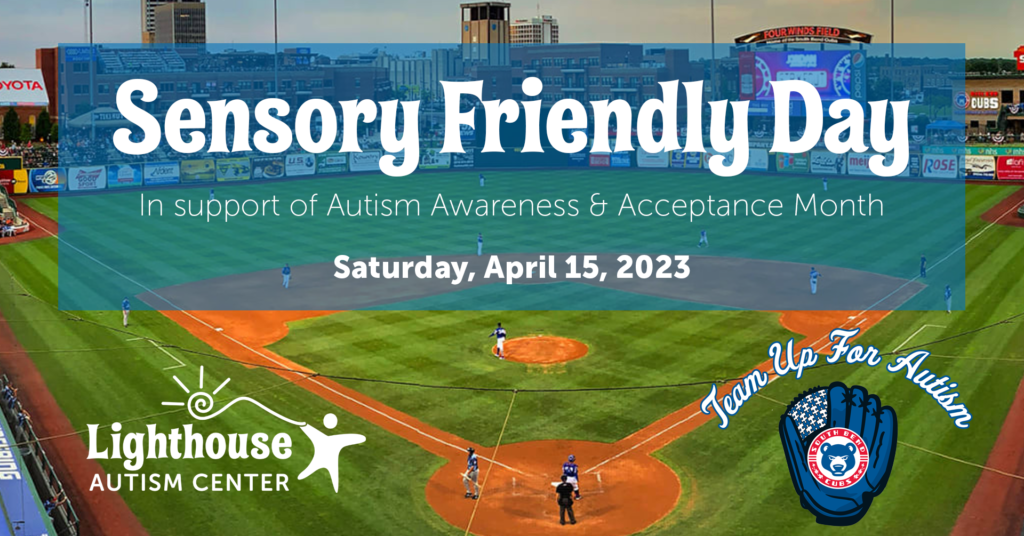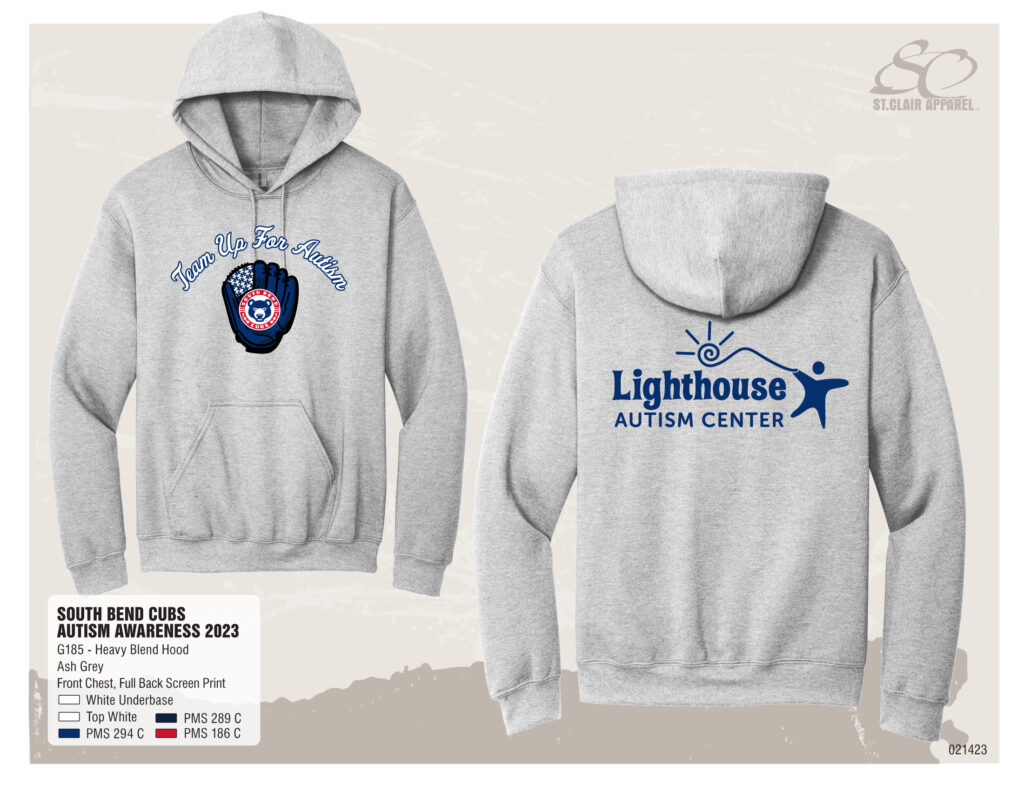Applied Behavior Analysis (ABA) therapy is a necessary medical expense to help our autistic children thrive. But do our health insurance providers cover ABA therapy? Let’s find out how to check your coverage, how your coverage works, why you might not be covered, and how to get the best out of it.
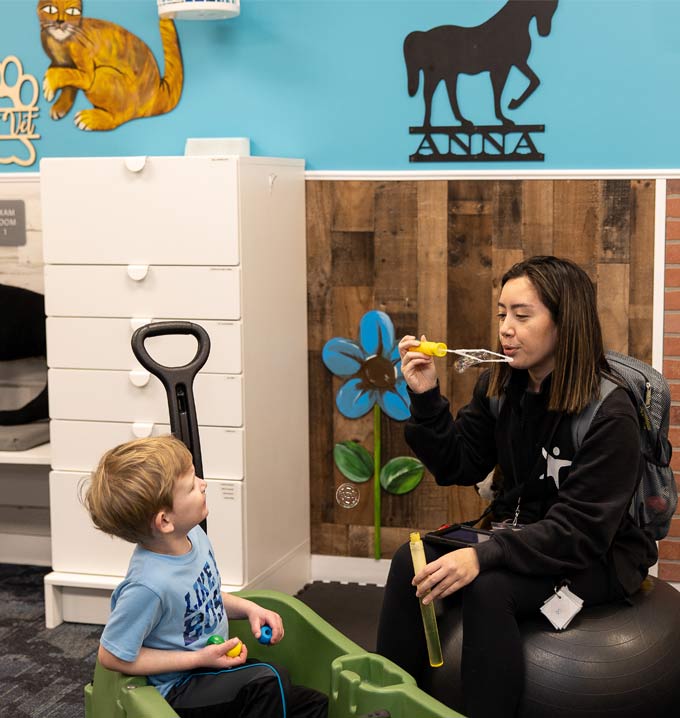
How Do I Know if My Insurance Covers Aba Therapy?
Autism spectrum disorder (ASD) is a well-known and understood condition, yet we often don’t know whether our health insurance providers cover the treatments our autistic children need to thrive in the world. This is especially true of insurance coverage for ABA therapy.
Applied Behavior Analysis (ABA) therapy is a treatment that helps people with autism spectrum disorder and other developmental disabilities improve their behavior and communication skills using behavioral principles.
ABA typically involves working with a licensed ABA therapist, who designs and implements a personalized treatment plan for your child. The frequency and duration of therapy sessions may vary depending on their specific needs. Obviously, these treatments and sessions cost money.
So does your insurance actually cover ABA therapy? To avoid any nasty surprises when we submit claims against our health insurance policy for ABA therapy, it is important to know the answer to this question beforehand. You’ll need to know your coverage works, why you might not be covered, and how to get the best out of your coverage.
How does ABA coverage work?
Health insurance coverage for autism, and more specifically, ABA therapy insurance, is dependent on a few things. Firstly, you need to understand the type of health insurance plan you have.
In the past, there were very few formal regulations governing ABA therapy for autism and insurance coverage. More recently, however, state and federal governments introduced laws to ensure more uniform coverage across plans and divided the plans into two specific types: self-funded plans and fully insured plans.
Self-funded
These plans are regulated by federal laws rather than state laws. Under this plan, your employer decides what is covered and what isn’t. These plans are not mandated to cover ABA therapy, but as a result of federal mental health parity law requirements, ABA coverage on self-funded plans is increasing.
Fully insured
These are the most common plans offered by employers and must comply with state laws regarding coverage of ABA benefits. Under this type of plan, the insurance company decides what is covered and what is not covered, subject to state regulations. All 50 states mandate that these plans cover ABA.
The following list will give you an idea of how fully insured plan regulations differ from state to state.
Arkansas
ABA therapy is covered if provided by a supervised, Board Certified Behavior Analyst.
California
A plan covering physical treatments must also cover mental health services. ABA is considered a covered treatment.
Delaware
ABA therapy and necessary items or equipment needed for treatment are covered.
Florida
ABA therapy is covered under state-regulated plans. If you were diagnosed with a developmental disability at age eight or younger, you are eligible for coverage. If you’re over 18, you will still receive coverage as long as you’re still in high school. Coverage for autism in Florida is capped at $36,000 per annum, with a lifetime limit of $200,000.
Georgia
ABA is not explicitly covered in Georgia.
Indiana
In Indiana, ABA is not explicitly covered, but treatment for autism and related disorders can’t be subject to limits or deductibles.
Massachusetts
ABA therapy is covered under MassHealth Standard, CommonHealth, and Family Assistance. There are age limits, but private, fully funded options are available too.
Montana
ABA is not explicitly mentioned, but treatment for autism spectrum disorder can be capped at $50,000 per year for children under eight.
New Hampshire
Coverage for autism is covered under state-regulated plans. Coverage is capped at $36,000 per year for individuals aged 0 to 12 and $27,000 per year for those aged 12 to 21.
It is crucial, however, to check your plan properly. While all 50 states include ABA therapy and autism treatments in their base requirement, some may not enforce full coverage as part of the state regulation.
How to find out if you’re covered
The first step is to establish which type of plan you’re on. Call your employer’s health insurance representative (usually the HR department) to find out exactly which plan you are on. Once you know if you’re on a self-funded or fully insured plan, you need to find out if you have ABA insurance coverage.
When talking to your health insurance representative about insurance for ABA therapy, you need to ask the following questions:
- Does my current plan cover the screening, diagnosis, and treatment of autism spectrum disorder?
- Does the plan cover ABA therapy?
- Can I obtain a copy of the Summary Plan Description (SPD) to review coverage details and specific exclusions in writing? It’s crucial to document coverage in writing for future reference.
Choosing a new or different plan
If your current plan does not offer sufficient cover, consider changing your plan. Most employers offer multiple plans, while some even offer both self-funded and fully insured options.
If you have the option of a fully insured plan, you should inquire about the state that regulates the plan, which is typically the state where the company is headquartered rather than your place of residence.
You should also ask whether it is a small group or large group plan. You can then check whether the state that regulates the fully insured plan mandates coverage in the type of plan offered by your company.
Child-only insurance
Young children with autism often require up to 40 hours of ABA therapy per week, making a child-only insurance plan a wise financial decision. This will allow your child to receive the recommended amount of therapy necessary to reach their full potential.
You can go through the Healthcare Marketplace to obtain a child-only insurance plan. The ABA benefit is included in the “Essential Health Benefits” package, which is mandatory for all Marketplace plans in Texas and Colorado.
It’s important to note that Healthcare Marketplace plans can only be purchased during designated Open Enrollment periods.
How to get the most out of your coverage
Once you have selected a plan that suits your needs and budget, you should spend time interrogating the details of ABA therapy for autism and the insurance coverage per benefit. Knowing how your plan works will empower you to extract as much value as possible without incurring additional costs. Here are some benefits and rules you should keep in mind when using your insurance.
Deductibles
The deductible is the amount you need to pay before your insurance starts contributing. You’ll have to pay this every year.
Copayment or coinsurance
You’ll either have a copay or a coinsurance. A copay is a fixed amount you pay per visit, including for ABA therapy. Coinsurance is a percentage of the total charges you’re responsible for paying after you’ve paid the deductible.
Out-of-pocket maximum
This is the highest amount you’ll have to pay in a year. Once you reach it, you won’t have to pay any other out-of-pocket expenses for ABA therapy for the remainder of the year. Like your deductible, the out-of-pocket maximum resets each year.
Documentation requirements
Experts recommend that a good insurance plan requires ongoing documentation of your child’s progress. Your child’s Registered Behavior Technician (RBT) will need to submit documentation to show that the treatment is effective. A Board Certified Behavior Analyst (BCBA) will review the progress reports. Although you are not responsible for creating these reports, they are a crucial component of ABA therapy.
In-network practitioners
Use therapists and Board Certified Behavior Analysts (BCBAs) who are in-network with your insurance provider.
Pre-authorizations
Make sure to submit all necessary paperwork before beginning ABA therapy sessions to be certain the costs have been authorized. Failing to do so could leave you responsible for paying the entire bill. A formal diagnosis of autism spectrum disorder and a comprehensive behavior assessment are generally required for ABA therapy.
Lighthouse Autism Center covers your autism treatment needs
Lighthouse Autism Center meets the requirements of most health insurance plans. Through diligent use of your insurance, you can take full advantage of our Lighthouse Fusion ABA Therapy and the many other autism resources available from the Lighthouse Autism Center.


